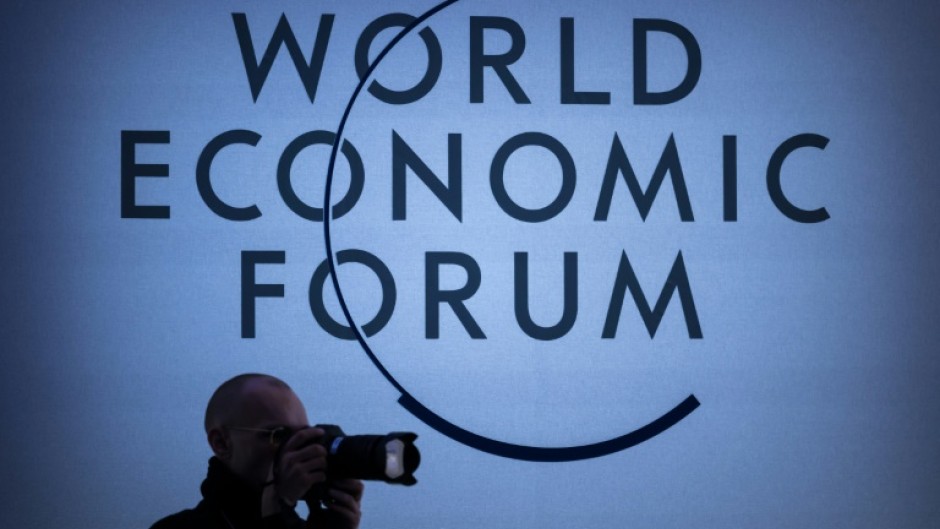DAVOS - While the explosion of debt is throwing a shadow over global economic growth, experts warn that sub-Saharan Africa, where several countries are already in default, is experiencing its worst-ever crisis.
The rise in interest rates and over-indebtedness is already crimping the ability of countries to finance their development, as a number of African leaders emphasised at appearances at the World Economic Forum in Davos.
Following the 2007-2009 global economic crisis central banks in industrialised countries have generally kept interest rates low and countries from the Global South, which had mostly been borrowing bilaterally or from international financial institutions, gained unprecedented access to financial markets.
"Many developing countries in a desperate need for cash injection in their economies rushed to these low-cost loans, in markets with no rules or regulation," said Kenyan economist Attiya Waris, who also serves as an independent expert for the United Nations.
She added that the International Monetary Fund had encouraged them to do so.
The money helped provide a much-needed boost to many African economies, but countries dependent upon the export of raw materials such as oil, minerals and wood came under intense pressure when commodity prices began falling in 2015.
The Covid pandemic further aggravated the situation.
The fall in commodity prices squeezed the foreign currency revenues they needed to service their loans.
Several countries took out new loans to repay their existing debt, creating a debt spiral that is preventing investment in vital infrastructure, health systems and education.
The World Bank last year estimated that 22 countries are a heightened risk of over-indebtedness, including Ghana and Zambia, which has defaulted on its foreign debt.
Also on the list were Malawi and Chad, which has an IMF assistance programme.
Ethiopia, which Fitch Ratings put on partial default in December, is also negotiating a rescue package.

